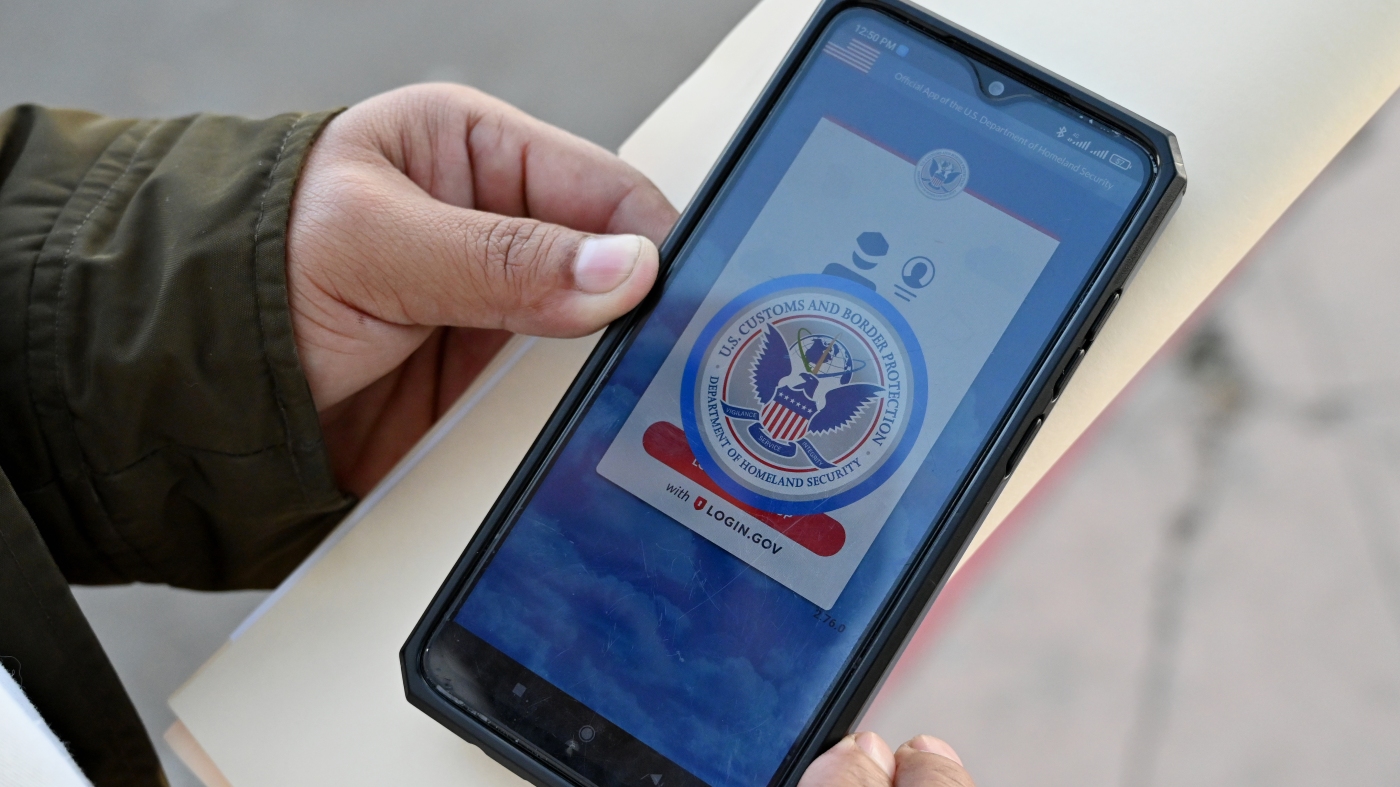The Trump Administration’s Self-Deportation Incentive
Introduction
In a bold and controversial move, the Trump administration has unveiled a new immigration strategy: offering undocumented migrants a $1,000 stipend and paid travel to voluntarily leave the United States. This initiative, designed to mitigate the financial strain of deportations and promote a “dignified” departure, has ignited a firestorm of debate and scrutiny. This analysis delves into the intricacies of this policy, its ramifications, and the potential future landscape it may shape.
The Policy Unveiled
Financial Incentives and Travel Assistance
At the heart of this strategy lies a financial carrot: undocumented immigrants who opt to leave the U.S. using the CBP One app will receive a $1,000 stipend and travel assistance. This approach is touted as a more cost-effective and humane alternative to traditional deportation methods. The Department of Homeland Security (DHS) assures that the payment will only be disbursed after the individual has safely returned to their home country and confirmed their arrival via the app.
The Role of the CBP One App
The CBP One app, initially designed for asylum seekers, is now being repurposed to facilitate voluntary departures. Migrants who use the app to notify authorities of their intention to return home will be deprioritized for detention and removal. This deprioritization aims to streamline the process and reduce the trauma associated with deportation.
Legal and Ethical Scrutiny
The policy is not without its critics. Legal experts question the legality of such incentives, arguing that they may violate existing immigration laws and international human rights standards. Ethically, the policy raises concerns about coercion, particularly for those who have built lives and families in the U.S. The financial incentive, some argue, may pressure migrants into a decision that is not entirely voluntary.
Implications for Migrants and the U.S.
Economic Ramifications
The Trump administration contends that this policy will save taxpayers money. Voluntary departures, they argue, are less expensive than formal deportations, which can involve legal proceedings, detention, and transportation. The $1,000 stipend and travel assistance, while a cost, are expected to be more economical in the long run.
Humanitarian Concerns
While the administration frames this as a “dignified” exit, the reality for many migrants is far more nuanced. Those who have been in the U.S. for over a year may face a 10-year ban on reentry, complicating their decision to leave. Moreover, the psychological and emotional toll of uprooting one’s life is substantial and often overlooked.
Public Perception and Political Repercussions
This policy is poised to become a political hot potato. Supporters of the Trump administration may view it as a necessary step to enforce immigration laws and reduce the burden on U.S. resources. Opponents, however, will likely decry it as inhumane, arguing that it prioritizes cost-saving over human dignity.
Potential Outcomes and Future Trajectories
Short-Term Effects
In the immediate future, the policy may see an uptick in voluntary departures, as some migrants view the financial incentive as a viable option. Over 5,000 illegal immigrants have already departed the U.S. voluntarily using the CBP One app, a figure the Trump administration cites as evidence of the policy’s success. However, the long-term effects remain uncertain.
Long-Term Implications
The long-term implications are multifaceted. On one hand, the policy could reduce the number of undocumented immigrants in the U.S., easing the pressure on immigration enforcement agencies. On the other hand, it could lead to a brain drain, as skilled and educated migrants choose to leave rather than face the uncertainty of deportation. Additionally, the policy may set a precedent for future administrations, influencing how immigration enforcement is handled in the years to come.
Conclusion
A Policy of Contradictions
The Trump administration’s offer of $1,000 and paid travel to undocumented migrants who voluntarily leave the U.S. is a policy rife with contradictions. While it aims to reduce the financial burden of deportations and provide a “dignified” exit, it raises significant legal, ethical, and humanitarian concerns. The success of this policy will hinge on its ability to balance cost-effectiveness with compassion. As it unfolds, it will be crucial to monitor its effects and adapt as necessary to ensure that it serves the best interests of all parties involved. The true test of this policy will be its impact on the lives of the migrants it affects and the broader societal implications it carries.

